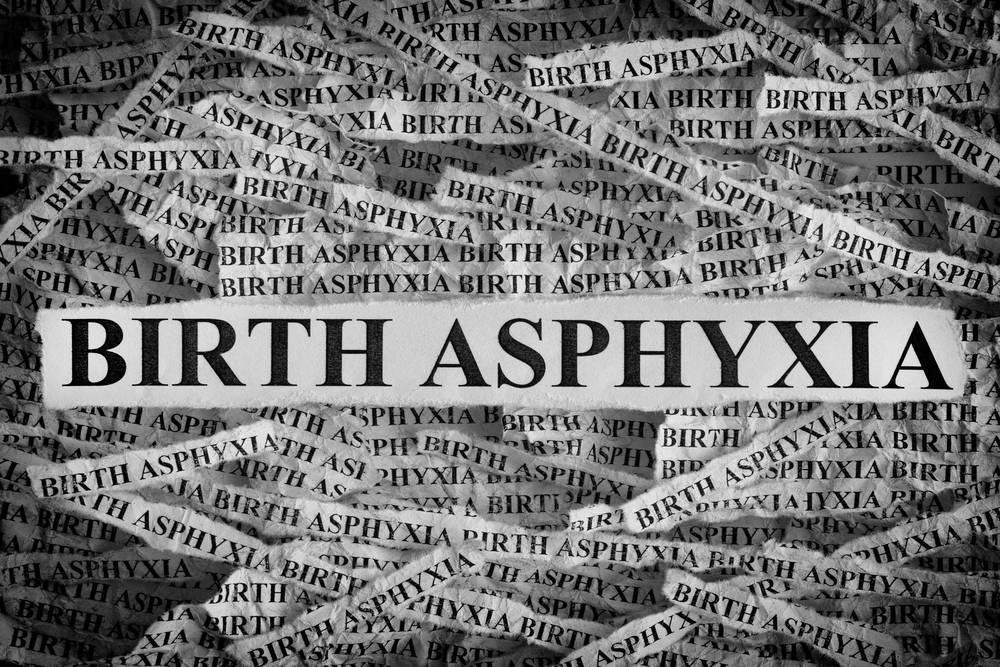3 Types of Asphyxia Related Childbirth Injuries
Some of the most traumatic injuries that arise during childbirth are those that affect the baby’s brain. Asphyxia is an irreversible event that occurs when the brain is deprived of oxygen for an extended time prenatally, intrapartum, or postnatally and results in abnormal neurologic function in a newborn. The harm can be incredibly debilitating and impact the child’s suffering for the remainder of their life.
When medical provider negligence is involved in a childbirth-related injury, it is likely due to a failure to monitor the fetus and respond to distress or diagnose a potential delivery issue. Many birth injury lawsuits have been filed because of these unfortunate labor and delivery events.
- Hypoxic-ischemic Encephalopathy (HIE): A lack of oxygen to the brain causes hypoxic-ischemic encephalopathy and brain swelling, which cuts off the blood supply. As the body tries to protect the brain, other organs such as the kidneys and liver can be damaged. It is important to quickly cool the body to prevent damage because the swelling in the brain occurs over several hours before the damage becomes permanent. Maternal health, labor and delivery complications, preventable infections and failure to perform a timely cesarean section can trigger HIE.
- Fetal Stroke: Disrupted blood flow to the brain can be the cause of prenatal stroke or in utero stroke, making it one of the most commonly known causes of cerebral palsy in term and near-term infants. Some fetal strokes can be caused by the improper use of delivery tools such as forceps or vacuum extractors. A mother who has not been diagnosed or treated for preeclampsia, cardiac disorders, autoimmune disorders or gestational diabetes may be carrying an infant at risk of fetal stroke.
- Meconium Aspiration Syndrome: According to the National Institutes of Health, meconium is the fecal matter passed by a newborn soon after birth. When babies experience stress inside the womb, they may pass meconium into the uterus. The infant may breathe in the meconium while still inside the womb or directly after birth. Once this substance enters the lungs, it can cause the infant’s lungs to swell, blocking the airway.
Oxygen Deprivation at Birth Can Lead to Long-Term Disabilities
Before a delivery, many warning signs should alert the physician and medical team about the possibility of challenging labor and the chance of decreased oxygen immediately before or during the birthing process. When those warning signs are missed or disregarded, children can suffer some long-term harm and require specialized care to account for serious health conditions that can be treated but not cured.
- cerebral palsy
- epilepsy
- speech and language difficulties
- sensory differences
- visual and hearing problems
- intellectual challenges and mental retardation
- cognitive differences and learning disabilities
- difficulty with paying attention (ADD or ADHD)
- behavioral or emotional challenges
When the oxygen deprivation may have been aggravated by inadequate medical care, a birth injury lawsuit may be appropriate. Medical malpractice is not implicated every time that a child suffers a birth injury affecting the brain, but applicable in far too many cases when a legal team can prove that the child’s injuries were preventable.
Chicago Birth Injury Law Firm
When a birth injury occurs because of a mistake, the physician should be responsible. The victim is entitled to compensation for any damages that were incurred, including medical costs, ongoing treatment, rehabilitation and care. If your child was seriously hurt because of medical negligence during your pregnancy or at the time of childbirth, request a free consultation with a member of the experienced birth injury legal team at Levin & Perconti by calling 312-332-2872 or 877-374-1417.



